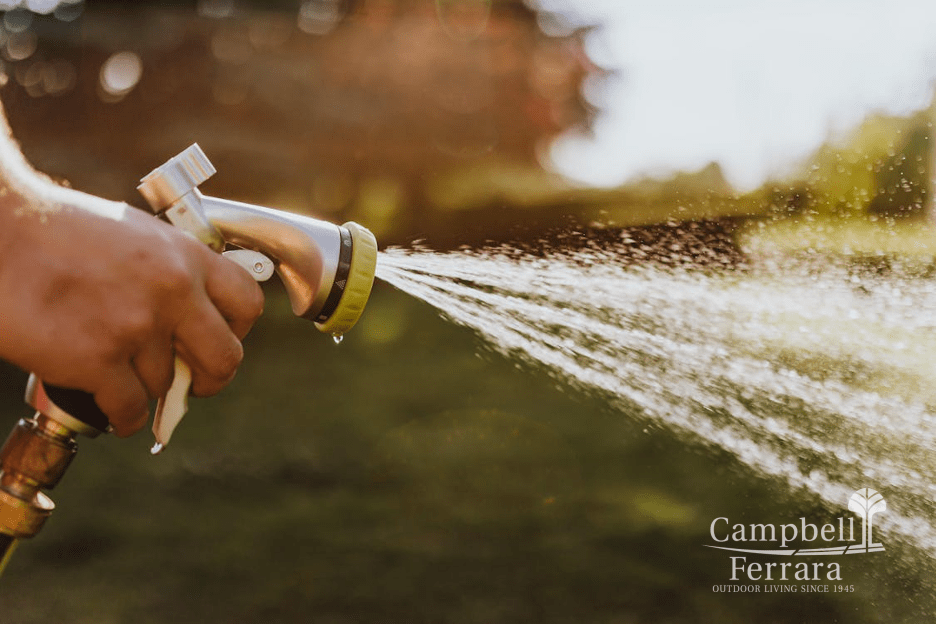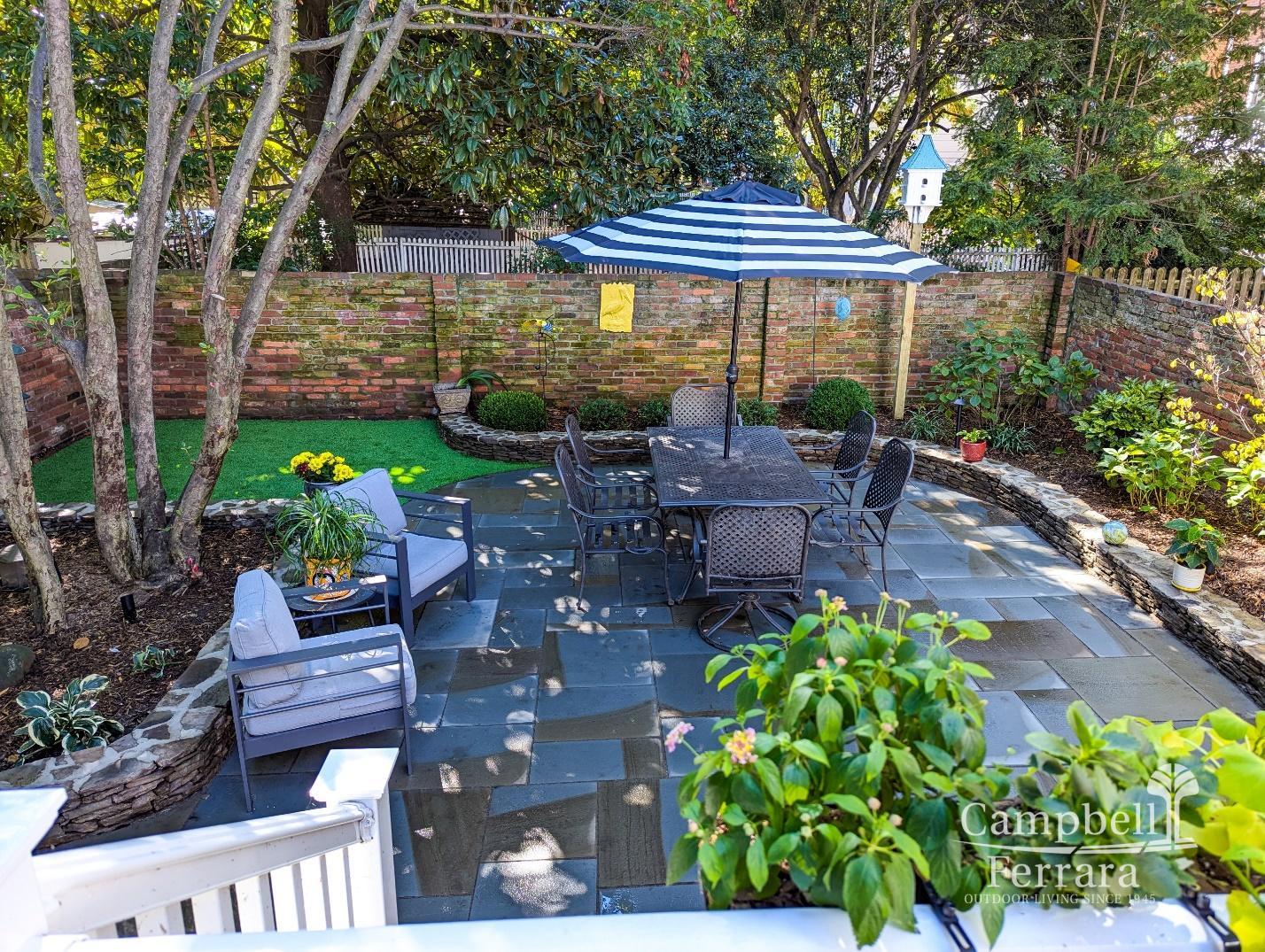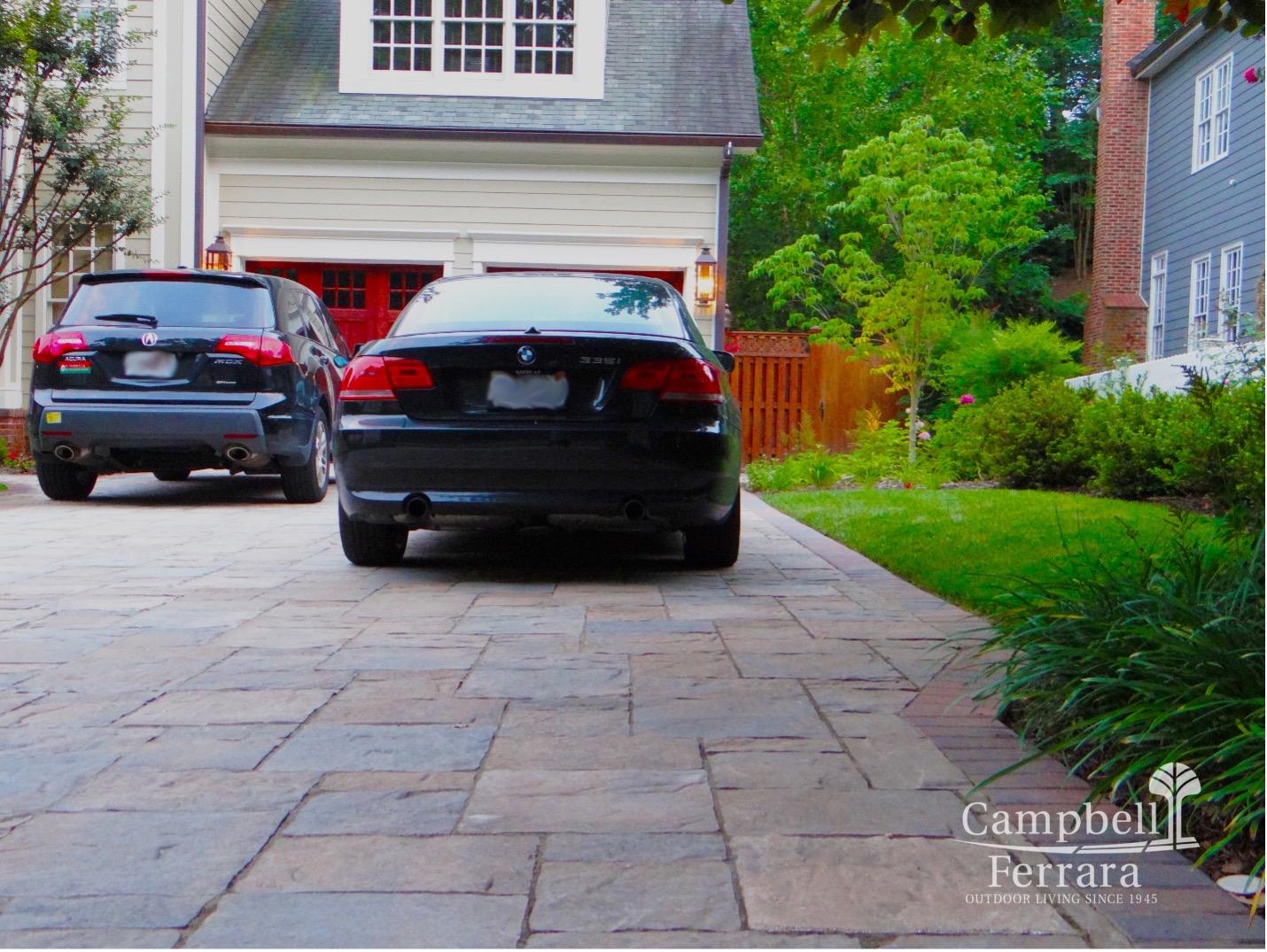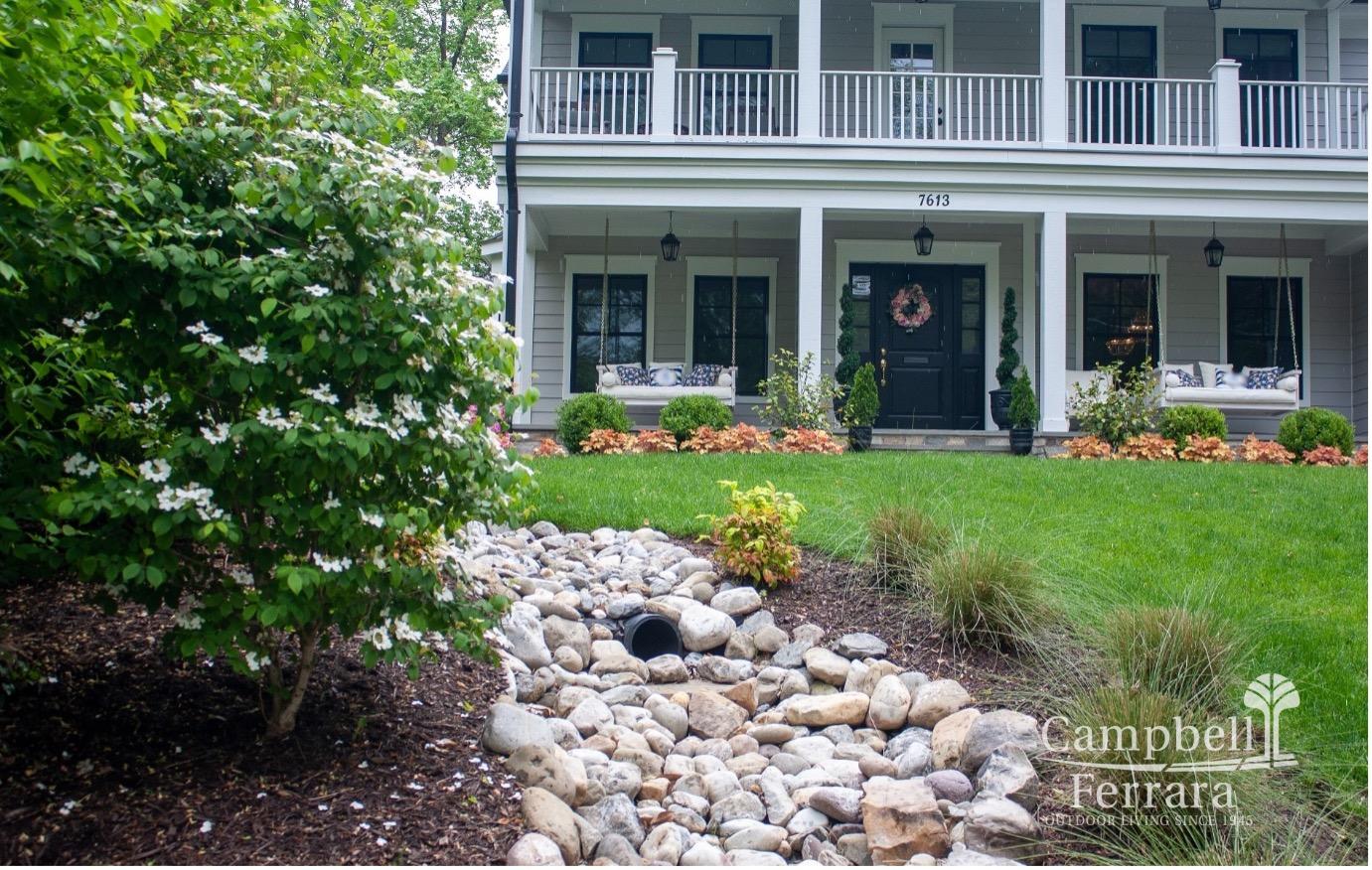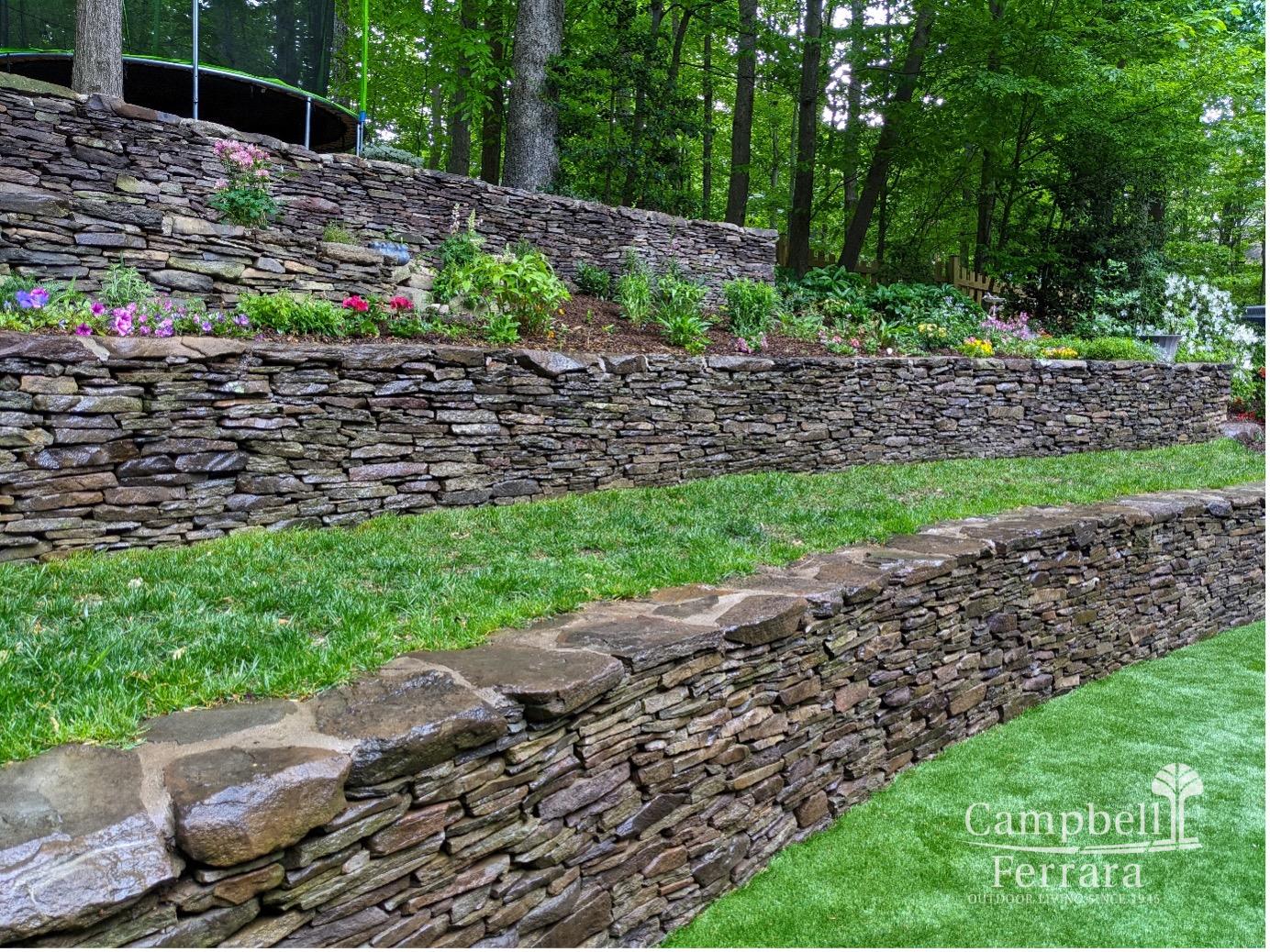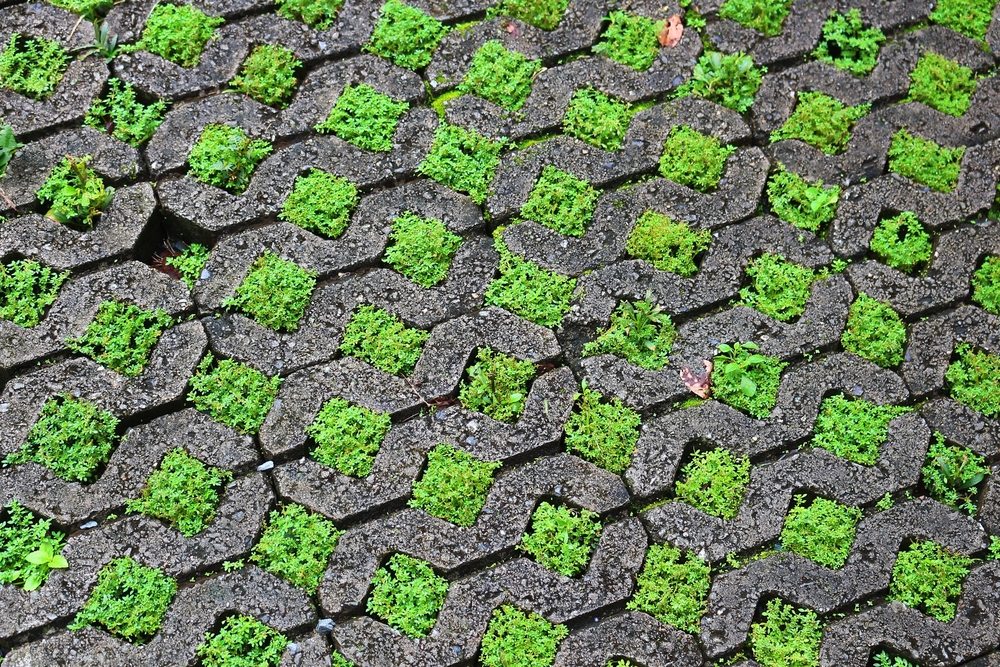
Instead of considering a conventional concrete driveway or walkway for your home or business, there is a more cost-efficient and environmentally sound alternative in permeable pavers. Permeable surfaces also reduce the ever-growing need of cities for more land to satisfy water runoff issues caused by impervious materials that do not absorb storm water efficiently.
Because permeable surfaces are considered green spaces, many counties are offering help with the cost of installing permeable pavements to residential as well as commercial owners.
Why is Permeable Pavement so Important?
If you have a concrete driveway or pavement of any kind, when rain is dispersed on this type of surface, it will accumulate and flow across material such as concrete. This is commonly called runoff. This can cause any number of issues including flooding storm drains that could lead to basement flooding. It also is a factor is water quality and erosion.
Permeable pavements are an alternative to impervious materials such as concrete because permeable pavers are a porous material that absorbs water into the soil below it. Environmentally, permeable pavements collect pollutants and act as a natural filtration system by collecting some water pollutants so they do run off to stream and river waters.
It is also a more durable alternative to paving your walkway, driveway, parking area, or patio because it lasts longer than concrete or other types of impervious paving material. All permeable pavements are structured in a similar fashion but vary in shape, size, and style.
They can be found in the following varieties:
- Interlocking pavers
- Grass pavers
- Pervious concrete
- Porous asphalt
They all have a surface pavement layer, crushed stone which is the reservoir layer, and a bottom made up of fabric that acts as a filter. Consulting professional landscaping companies as to which are best for your specific project is best. For example, grass pavers work well for driveways and businesses that have any overflow parking areas while interlocking pavement is great for decorative use around the outside of a home. Professional designers will also be able to tell you which type of permeable paver is best for the type of soil that is on your property.
Rebate Programs for Permeable Paver Installation:
Because permeable pavement can reduce a city’s need for the property to maintain stormwater, there are incentive programs available through your local county office to help with the cost of installing a permeable pavement on your property.
Your eligibility varies with each county, but typically, the area does not need to be any minimum size if it is residential. If it is a commercial space, it is usually a minimum of 400 square feet. It is usually offered as a rebate program based on the square footage of the area that is being paved. These programs will pay usually $12 per square foot and up to $4000 for residential properties. Commercial properties may receive up to $20,000.
The installation of permeable pavement is a great alternative to the conventional concrete paving material for any area of your home or business that is in need of a walk space or driveway approach.

